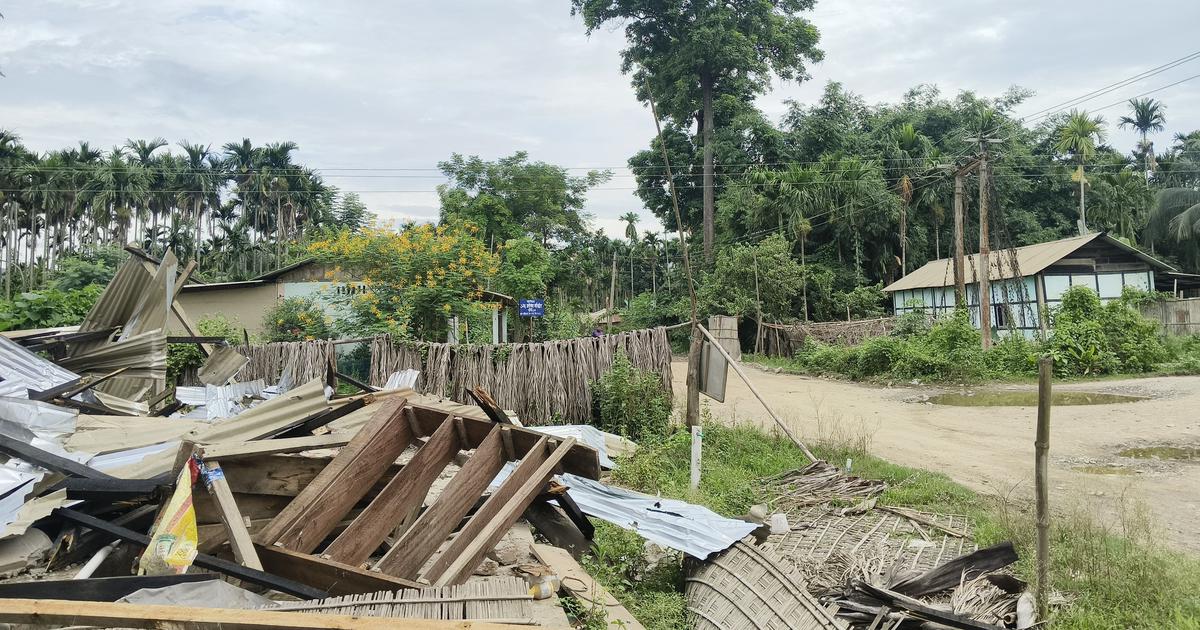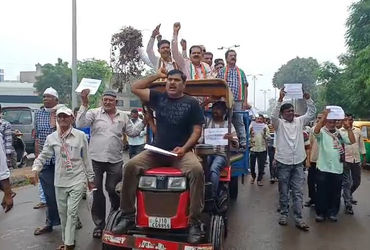Why eviction of Bengali-origin Muslims has led to unease on Assam-Nagaland border

Join our WhatsApp Community to receive travel deals, free stays, and special offers!
- Join Now -
Join our WhatsApp Community to receive travel deals, free stays, and special offers!
- Join Now -

In 1981, 60-year-old Tayub Ali’s family moved from Morigaon to a region on Assam’s border with Nagaland.
“As there was no land in Morigaon and no way to earn a living, we came to Uriamghat,” he said.
Both Assam and Nagaland claimed this region on the banks of the Regma river as their land.
Like Bengali-origin Muslim families who came before him, Ali cleared forests at the foothills of the Naga Hills and began farming there.
The settlers struck up a transactional relationship with the Nagas in Rajapukhuri village near Rengma forest. “We grew paddy and other vegetables for the Nagas and gave them half the crop,” he said.
Amzad Ali, a 62-year-old who moved to the same village in 1981, said the Bengali-origin Muslims, sometimes also derisively called Miya Muslims, were cheap farm labour for the Nagas.
Both farmers said they were encouraged by the Assam government and the Golaghat district administration to expand their settlements. “The Assam government of the time encouraged us to settle here. The government made schools and roads for us and provided us welfare schemes,” Amzad said.
Tayub Ali recounted, “After a few years, we stopped paying any tax to the Nagas as the Assam officials told us that the land was not Nagaland’s but came under the...
Read more
What's Your Reaction?
 Like
0
Like
0
 Dislike
0
Dislike
0
 Love
0
Love
0
 Funny
0
Funny
0
 Angry
0
Angry
0
 Sad
0
Sad
0
 Wow
0
Wow
0























































